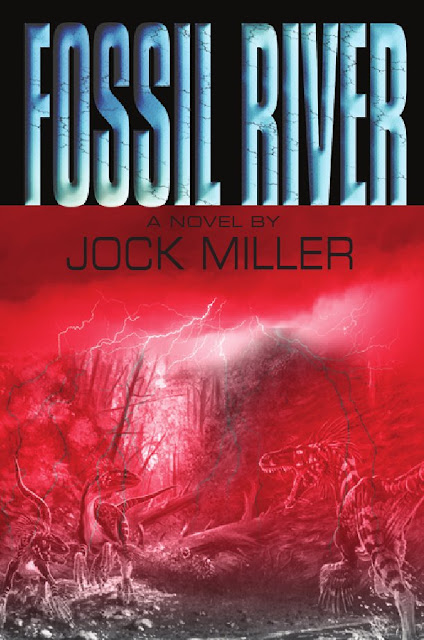Phytoplankton: Oil Sensitivity

Photograph by Bill Curtsinger, National Geographic
Phytoplankton, whose name literally means "plant drifter," are a presence just beneath the surface of the Gulf, detectable only by the green gloss they lend to the water due to the chlorophyll in their cells. as seen above. But they provide an important base in the aquatic food chain. And following the Gulf spill, researchers from the University of South Carolina (USC) found that even small exposures to oil can have large impacts on these microscopic algae.
"Exposure to very small concentrations of crude oil can result in major shifts in phytoplankton community composition as well as a reduction in total phytoplankton biomass," said James Pinckney, associate professor at USC and a co-author of a study published in January in the journal Estuaries and Coasts.
The researchers attempted to simulate oil spill conditions to examine short-term, two-day changes in phytoplankton community composition and total biomass. In Nalgene polycarbonate bottles, they combined water from Clambake Landing in North Inlet near Georgetown, South Carolina, a National Estuarine Research Reserve, with two separate oil samples, one obtained from the Deepwater Horizon spill and the other a mixture of Texas crude oils. They analyzed a control and six replicated experimental treatments of crude oil at various concentrations.
"Crude oil spills may impact many marsh organisms," the researchers wrote. "But phytoplankton represent a major food source for many larval, juvenile, and adult fish and shellfish species."
There is concern that the changes the researchers observed could lead to a decrease in overall marsh productivity. Continued research is needed on the longer-term impacts of crude oil exposure to phytoplankton and whether the community composition will return to pre-exposure composition after the crude oil is removed, Pinckney says.
—Stacey Schultz


